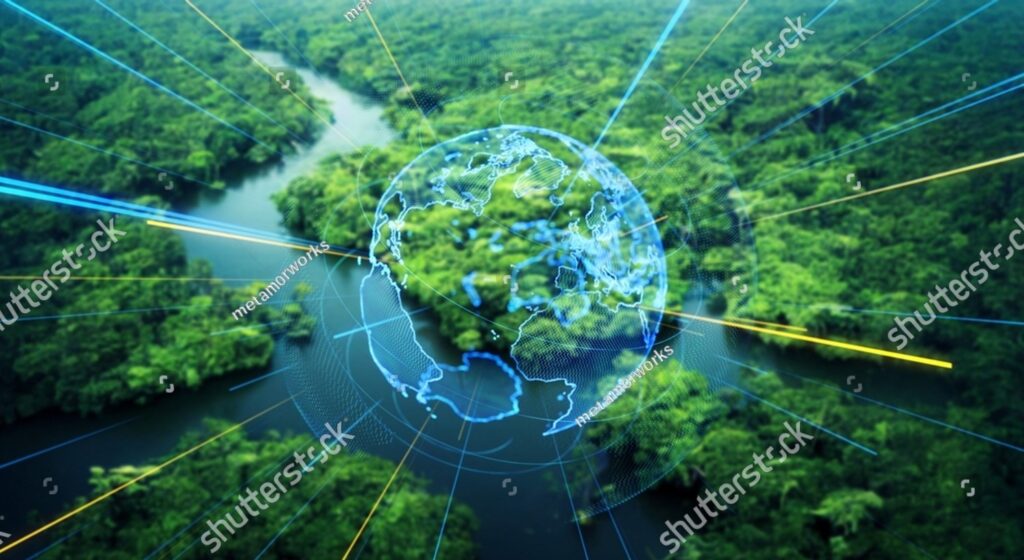
Climate change
Climate change happens because human activities (mostly burning fossil fuels like coal, oil, and gas) are releasing greenhouse gases like carbon dioxide (CO₂), methane (CH₄), and nitrous oxide (N₂O) into the atmosphere. These gases trap heat from the sun, creating a “blanket” effect that warms the Earth — this is called the greenhouse effect.
So when you ask “why is climate change,” the short answer is:
Because human actions are increasing the amount of heat-trapping gases in the atmosphere, which is altering Earth’s natural climate systems.
Here’s a slightly more detailed look:
Main causes:
- Burning fossil fuels – for energy, transportation, and industry.
- Deforestation – trees absorb CO₂; cutting them down releases it.
- Agriculture – especially livestock (they produce methane).
- Industrial processes – release other greenhouse gases.
And the effects?
- Hotter temperatures
- More extreme weather (storms, droughts, floods)
- Melting ice and rising sea levels
- Changes in ecosystems and wildlife patterns
- Big challenges for food, water, and health
What is Biodiversity ?
biodiversity is short for biological diversity, and it basically means the variety of life on Earth.
That includes:
- All living things — animals, plants, fungi, bacteria, etc.
- The genetic diversity within species (like all the different breeds of dogs or types of corn).
- The ecosystems they form — like forests, coral reefs, wetlands, and even the microbes in your gut.
So, in simple terms:
Biodiversity = the full mix of life, from tiny microbes to giant whales, and the systems they all live in.
Why does it matter?
Biodiversity keeps the planet healthy and resilient. It’s what:
- Pollinates crops
- Cleans air and water
- Regulates climate
- Prevents disease outbreaks
- And gives us medicine, food, and raw materials
Basically, the more diverse life is, the better nature can adapt, bounce back from disasters, and support human life.
If biodiversity drops too low (due to things like habitat destruction, pollution, or climate change), ecosystems can collapse — and that’s bad news for everything, including us.
The interconnection between climate change and biodiversity
🌍 Climate change affects biodiversity
- Rising temperatures, changing rainfall patterns, and more extreme weather disrupt habitats.
- Species migrate to cooler areas (if they can), but not all survive the change.
- Coral reefs, for example, bleach and die due to warmer oceans.
- Some species go extinct because they can’t adapt fast enough.
Example: Polar bears are losing sea ice to hunt on. Amphibians are super sensitive to temperature and moisture — so they’re among the first to go.
🌱 Loss of biodiversity makes climate change worse
- Forests, wetlands, oceans — these are natural carbon sinks. They absorb CO₂.
- If we destroy them (through deforestation, overfishing, etc.), they release CO₂ instead.
- Less biodiversity = less resilience in ecosystems, meaning they can’t buffer climate shocks as well.
Example: Cutting down a rainforest not only releases carbon but also destroys the web of life that was stabilizing the local and global climate.
So in short:
Climate change harms biodiversity, and losing biodiversity makes climate change worse.
It’s a vicious cycle unless we step in — but protecting nature is one of the best tools we have against climate change.
Wanna dive into examples, like the Amazon, coral reefs, or Arctic tundra? Or are you looking to explore how we can break that cycle?